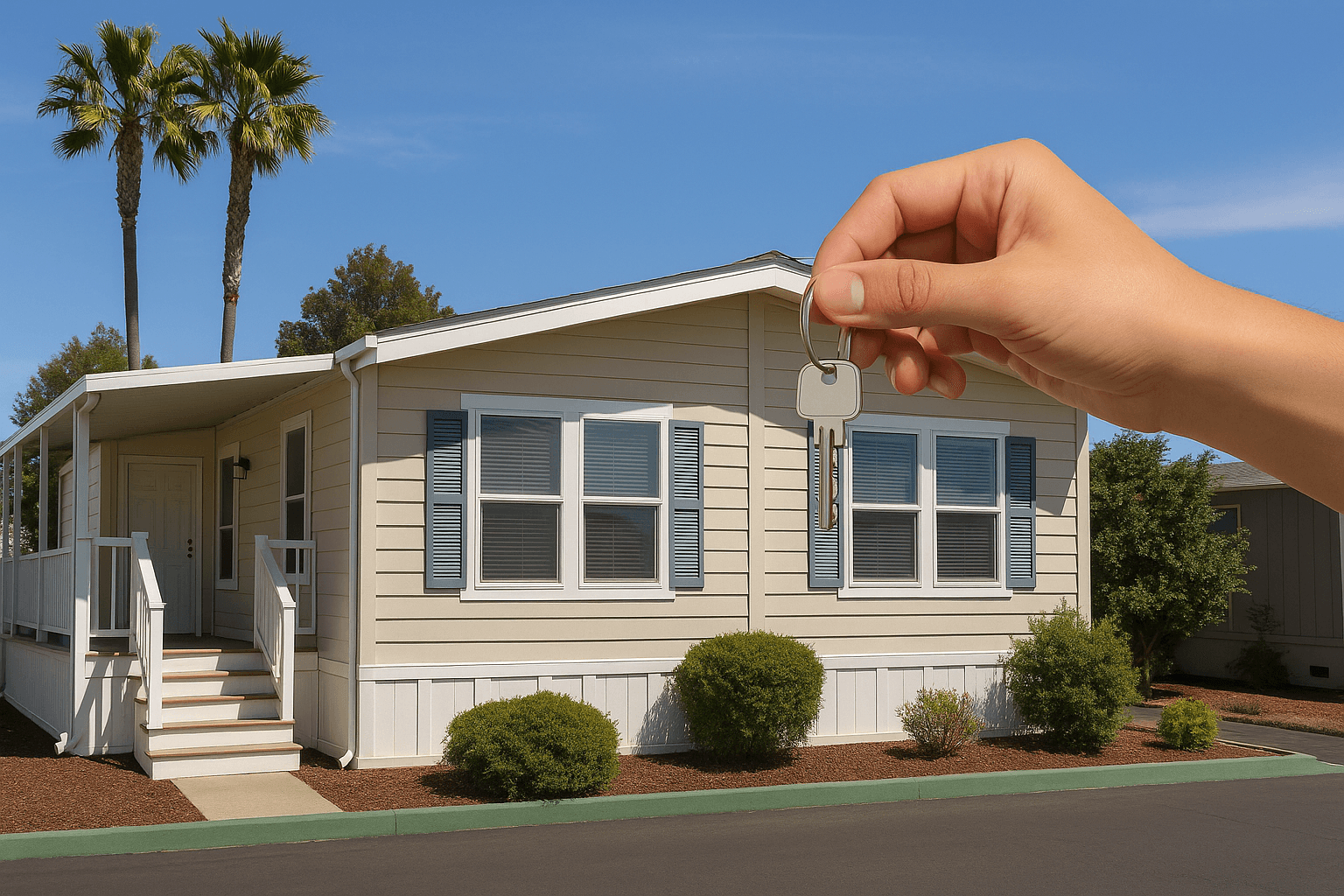
California mobile home loans can be a fantastic solution for those looking to own a home in a more affordable way. In this blog, we'll explore what these loans are, how they differ from traditional home loans, and crucial steps to securing one. Let's dive in!
California mobile home loans are specialized financing options designed for individuals looking to purchase a mobile or manufactured home. Unlike traditional home loans, these loans cater specifically to the unique characteristics and requirements of mobile homes.
These loans can cover a wide range of mobile home options, whether new or used, ensuring that more people can benefit from the flexibility of mobile home living. With the rising property prices in California, mobile homes present not just a roof over your head, but a viable path to homeownership.
Understanding the fundamentals of these loans is vital. For instance, mobile home loans are typically classified as personal property loans unless the home is permanently affixed to land owned by the borrower—in which case it may qualify as real property. The classification impacts the type of loan available and the terms that apply.
One key difference is that mobile home loans are often structured as chattel (personal property) loans, not real estate loans. This distinction influences interest rates, terms, and loan structures.
Traditional home loans often require a larger down payment, typically around 20%. In contrast, many California mobile home loans allow for down payments as low as 5%, depending on credit and other factors. This can be a game-changer for first-time homebuyers. Read more about down payment options here.
Another notable variation lies in the term lengths. While fixed-rate mortgages can extend up to 30 years for traditional homes, mobile home loans in California generally max out at 25 years, particularly for personal property loans.
Moreover, interest rates on mobile home loans are typically higher than conventional mortgage rates, due to the greater risk associated with non-real estate collateral. It’s essential for prospective borrowers to shop around and compare offers from different mobile home lenders to secure the best deal available.
Eligibility often depends on factors such as your credit score, income, and the type of loan you're applying for. Understanding these criteria is essential for prospective borrowers.
Typically, lenders look for a minimum credit score of 640, though some programs may allow lower scores, even below 600, with compensating factors such as a higher down payment. Employment history and stable income also play a significant role. Learn more about credit flexibility here.
Not all mobile homes qualify for financing. Factors such as whether the home is in a mobile home park, its age, condition, and whether it’s permanently affixed to land can impact eligibility. Homes not permanently affixed are treated as personal property and may only qualify for chattel loans.
In addition to credit scores and income, lenders assess your debt-to-income (DTI) ratio. Generally, the mobile home loan payment should not exceed 45% of your gross monthly income. Lenders also consider your total DTI including other debts like car loans and credit cards.
Applying for a mobile home loan typically involves several steps: gathering necessary documents, finding the right lender, submitting your application, and waiting for approval. Each step plays a crucial role in the overall process.
Start by collecting essential paperwork, such as income verification, tax returns, bank statements, and a list of debts. Having these documents ready will save time and speed up your application process.
Next, research various lenders—not all offer loans for mobile homes, and some specialize in homes located in mobile home parks or specific ownership situations. Check out our San Diego mobile home loans page for region-specific options.
After you choose a lender, submit your application. Expect a credit check, and if the home is in a park, you may need approval from the park before your loan is finalized. This application process with the park can take 1–2 weeks. For detailed guidance, see our post on loans for mobile homes in parks.
Finally, if approved, review your loan terms carefully before signing. Understand the interest rate, repayment period, any “step-rate” features, and closing costs. Note that while most closing costs can be financed, prepaid expenses like insurance or taxes typically cannot.
What Are California Mobile Home Loans and How Do They Work?Understanding California mobile home loans is essential for making informed decisions about your housing options. By following the steps outlined in this blog, and leveraging resources like our specialist team, you can confidently navigate the process and secure a loan that fits your needs.